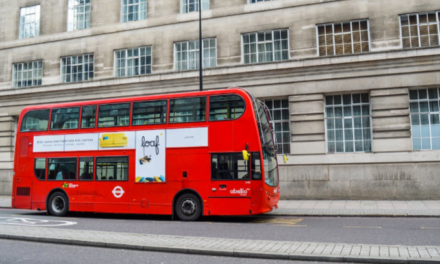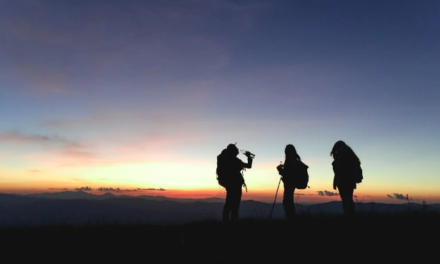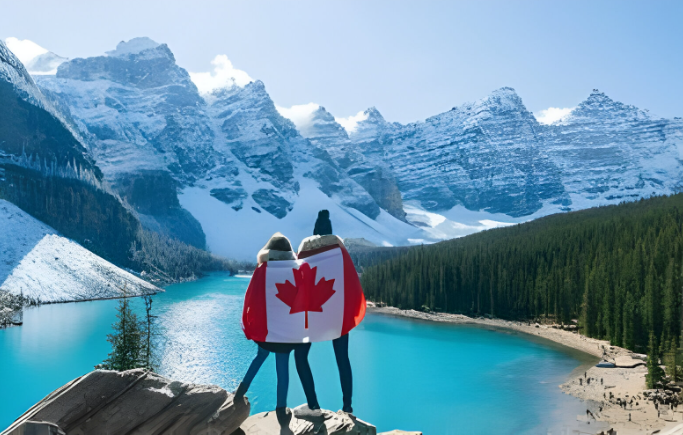The True North Strong and Free beckons! Canada, with its stunning landscapes, vibrant cities, and welcoming culture, is a dream destination for many travelers. But before you pack your bags and hop on a plane, brushing up on some essential health and safety tips will ensure a smooth and enjoyable trip.
This blog serves as your one-stop guide for navigating Canada’s healthcare system, staying safe in the great outdoors, and being prepared for anything your adventure throws your way.
Healthcare in Canada
Canada boasts a universal healthcare system, meaning most medically necessary services are covered for residents. However, as a visitor, you’ll likely need to consider travel insurance. Here’s what you need to know:
- Travel Insurance: Highly recommended. It covers medical expenses not covered by the national health plan, such as ambulance rides, prescription drugs, and medical repatriation.
- Medical Documentation: Carry a copy of your doctor’s prescriptions and any relevant medical history in English or French.
- Finding Medical Care: Pharmacies are readily available in most towns and cities. For minor issues, walk-in clinics are a good option. Hospitals are equipped to handle emergencies.
Safety in the Wilds
Canada’s diverse landscapes offer incredible opportunities for exploration. But venturing into the wilderness requires preparation and awareness. Here are some key pointers:
- Be Bear Aware: Depending on your location, be familiar with bear safety protocols. Carry bear spray and know how to use it properly. Make noise while hiking to avoid surprising bears.
- Respect Wildlife: Maintain a safe distance from all wild animals. Never approach or feed them.
- Dress for the Weather: Conditions can change rapidly. Pack layers, sturdy footwear, and weather-appropriate clothing.
- Plan Your Route: Inform someone of your itinerary and estimated return time. Research the area beforehand and be aware of potential hazards like slippery terrain or fast-flowing rivers.
- Download Offline Maps: Cell service can be unreliable in remote areas. Download offline maps and a compass app for navigation.
- Leave No Trace: Respect the environment by packing out all trash and minimizing your impact on the wilderness.
Seasonal Considerations
Canada experiences distinct seasons, each with its own set of health and safety concerns:
- Summer: The sun is strong at higher latitudes. Pack sunscreen, a hat, and sunglasses. Be aware of the risk of heatstroke and dehydration, especially during hikes.
- Fall: Days become shorter and temperatures drop. Pack warm layers for evenings and be prepared for unpredictable weather patterns.
- Winter: Embrace the winter wonderland, but be prepared for frigid temperatures, icy conditions, and potential snowstorms. Dress in warm layers, including waterproof boots and gloves.
- Spring: Melting snow can create slippery surfaces. Be cautious while hiking and driving.
Sun Safety
Canada’s high UV index, especially at higher altitudes, poses a risk for sunburn. Here’s how to protect yourself:
- Apply Sunscreen: Use a broad-spectrum sunscreen with SPF 30 or higher. Reapply frequently, especially after swimming or sweating.
- Seek Shade: Take breaks in the shade, particularly during peak sun hours (10 am to 4 pm).
- Wear Protective Clothing: Cover up with lightweight, long-sleeved shirts, pants, and a wide-brimmed hat.
Tick and Mosquito Precautions
Ticks and mosquitoes can be a nuisance in certain areas of Canada. Here are some preventative measures:
- Insect Repellent: Use a DEET-based insect repellent to deter mosquitoes and ticks.
- Clothing: Wear long pants and long-sleeved shirts when hiking in wooded areas. Tuck your pants into your socks for added protection.
- Daily Checks: After spending time outdoors, perform a thorough tick check on yourself and your companions. Remove ticks promptly using proper technique.
Additional Tips
- Currency Exchange: The Canadian dollar (CAD) is the official currency. Many places accept major credit cards, but carrying some cash is always handy.
- Stay Hydrated: Drink plenty of water, especially during physical activity.
- Learn Basic French: While English is widely spoken, learning a few basic French phrases can be helpful, particularly in Quebec.
- Download Helpful Apps: Consider downloading translation apps, offline maps, and weather apps for a smoother experience.
- Respect Local Laws: Familiarize yourself with Canadian laws and regulations, including those regarding alcohol consumption, public smoking, and cannabis use.











